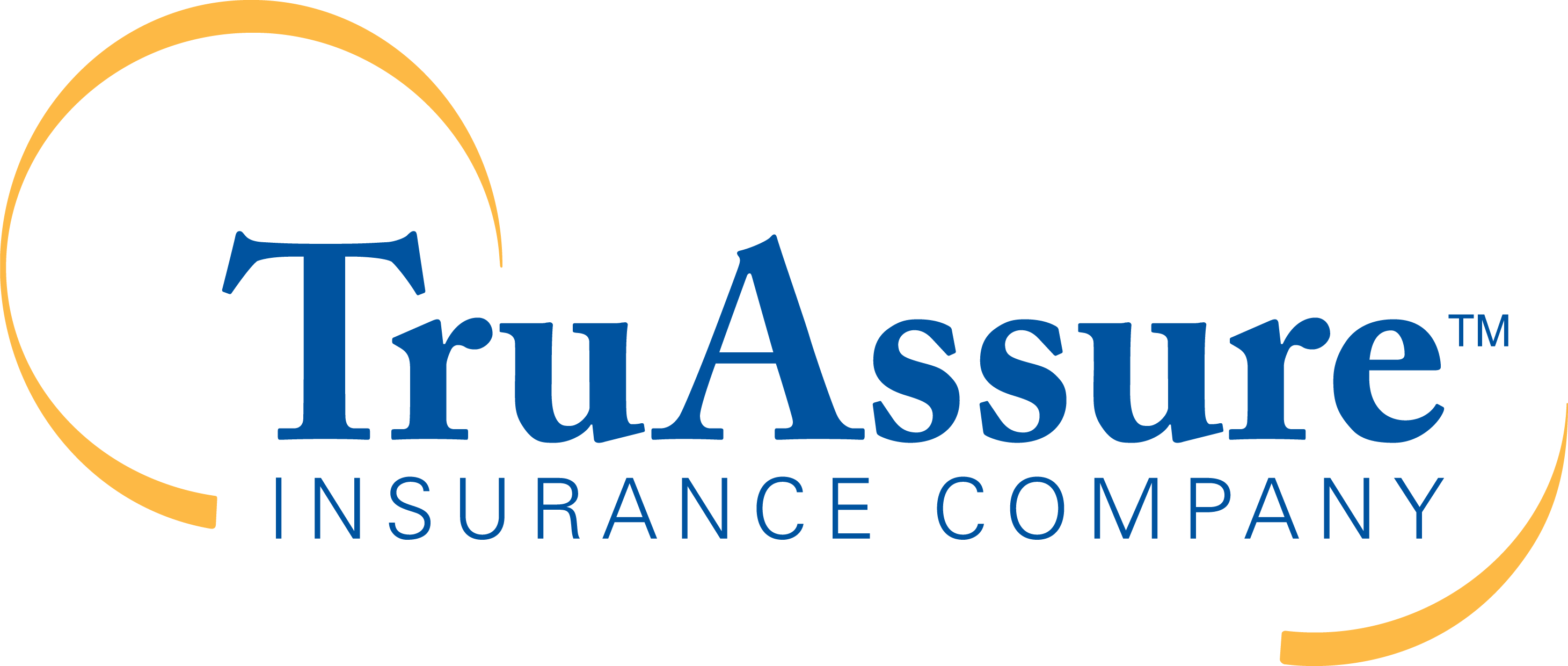Seven Diseases that Affect Your Mouth

During a routine dental exam, your dentist can help detect more than 120 health conditions, making regular dental visits essential to having good oral and overall health. Because your oral health is closely connected to your overall health, certain diseases might leave your teeth and gums with unexpected symptoms. Take a look at some of the effects common systemic diseases may have on your mouth.
Diabetes
The primary condition associated with diabetes is gum disease or periodontitis. Roughly a third of all those with diabetes have a severe form of gum disease 1 that can damage supporting bone structures around teeth, increasing the likelihood of loose teeth or tooth loss. Diabetes may also lead to oral thrush and dry mouth.2 Oral thrush is a yeast infection in the mouth that causes small white bumps to develop,3 and dry mouth is a lack of saliva that can lead to bad breath, tooth decay, and difficulty chewing and swallowing.4 Regular dental visits are important for people with diabetes. Routine preventive dental care can help diabetics manage and improve their condition and maintain good oral health.
Osteoporosis
Those with osteoporosis experience a decrease in bone mass that can weaken bones that support teeth. When jawbones lose bone mass, oral health may begin to suffer. Teeth can become loose or can fall out entirely depending on the severity. In fact, women who have osteoporosis are three times more likely to lose teeth.5 Additionally, osteoporosis might be especially difficult for those with dentures as it can eventually cause them to fit poorly.6 To prevent osteoporosis or the negative effects of this disease, people over the age of 51 should consume at least 1,200 milligrams of calcium every day. Foods rich in calcium include milk, yogurt, cheese, salmon, broccoli and dark leafy greens.7
Acid reflux
Acid reflux allows stomach acids to periodically reach the mouth throughout the day. This increased exposure to acid begins to wear away tooth enamel.8 If not managed, acid reflux can lead to permanent tooth erosion.9 Resulting symptoms can include tooth sensitivity, yellow discoloration, higher risk of tooth decay, dry mouth and eventually, abscesses and tooth loss. If you have acid reflux, talk with your dentist about how you can help reduce the harmful effects on your teeth.
Heart disease
According to the American Heart Association, there is a link between heart disease and gum disease.10 Though it’s unclear if one causes or worsens the other, research points to the possibility that having gum disease could increase your risk for heart disease.11 Symptoms of gum disease to watch for include red, swollen and bleeding gums.12
Kidney disease
Kidney disease can leave people susceptible to infection, making it more likely they will develop gum disease.13 Kidney disease is also associated with bone loss, which can cause teeth to fall out if it isn’t addressed early enough.14 Gum disease and tooth loss can be prevented by visiting the dentist for regular preventive dental care.
HIV/AIDS 15
HIV/AIDS weakens the immune system, leaving those affected with a higher risk of infections, including dental infections. Some oral health conditions caused by HIV/AIDS include dry mouth, oral thrush, canker sores, white lesions on the sides of the tongue, and difficulty chewing or swallowing. Your dentist can help you manage any oral health symptoms that may be caused by a medical condition.
Lupus
Lupus is an autoimmune disease that affects, among other things, mouth tissue and salivary glands. By attacking the salivary glands, lupus can lead to dry mouth, leaving people at higher risk for cavities, periodontitis and candidiasis.16 Those with the disease may also experience white and red ulcers in the mouth.17 Your dentist can recommend ways you can alleviate dry mouth and soothe ulcers between dental visits.
The majority of oral health symptoms that accompany these conditions can be managed or avoided altogether with the help of health care professionals. The most effective way to manage health conditions and oral symptoms is to seek preventive dental care. By working with your dentist, you can take steps to keep your smile healthy no matter what health conditions you face.
1 https://truassureblog.com/portfolio/diabetes-oral-health-connection/
2 http://www.diabetes.org/living-with-diabetes/treatment-and-care/oral-health-and-hygiene/diabetes-and-oral-health.html
3 https://www.healthline.com/health/thrush
4 https://www.mayoclinic.org/diseases-conditions/dry-mouth/symptoms-causes/syc-20356048
5 https://www.bones.nih.gov/health-info/bone/bone-health/oral-health/oral-health-and-bone-disease
6https://www.dentistryiq.com/articles/2013/11/what-does-osteoporosis-have-to-do-with-oral-health.html
7 https://ods.od.nih.gov/factsheets/Calcium-HealthProfessional/
8 https://www.mouthhealthy.org/en/az-topics/e/tooth-erosion-and-acid-reflux
9 https://www.mouthhealthy.org/en/az-topics/e/tooth-erosion-and-acid-reflux
10 https://www.mouthhealthy.org/en/az-topics/h/heart-disease-and-oral-health
11 https://www.perio.org/consumer/gum-disease-and-heart-disease
12 https://www.mayoclinic.org/diseases-conditions/periodontitis/symptoms-causes/syc-20354473
13https://www.davita.com/education/kidney-disease/symptoms/dental-health-for-people-with-kidney-disease
14 https://www.davita.com/education/kidney-disease/symptoms/dental-health-for-people-with-kidney-disease
15 https://www.mouthhealthy.org/en/az-topics/h/hiv-aids-and-dental-health
16 http://www.lupusinternational.com/Related-Conditions/Dental-Concerns–1.aspx
17 https://humanhealthproject.org/lupus-oral-health/


Add comment